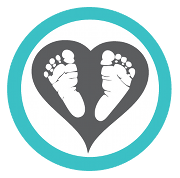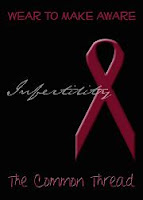Though conscious of the difficulty of learning without a teacher, I set out with high hope, and a fixed purpose, at whatever cost of trouble, to learn how to read. The very decided manner with which he spoke, and strove to impress his wife with the evil consequences of giving me instruction, served to convince me that he was deeply sensible of the truths he was uttering. It gave me the best assurance that might rely with the utmost confidence on the results which, he said, would flow from teaching me to read. What he most dreaded, that I most desired. What he most loved, that I most hated. That which to him was a great evil, to be carefully shunned, was to me a great good, to be diligently sought; and the argument which he so warmly urged, against my learning to read, only served to inspire me with a desire and determination to learn.
Frederick Douglass
Narrative of the Life
1845
Frederick Douglass was a slave who learned to read and escaped to freedom. As a free man, he wrote the story of his life, and in telling his tale, he revealed the bondages of many others. This is the part when he realized that learning to read was a key to his freedom. He came to this realization as a child, and began teaching himself to read and secretly manipulating others to teach him. His work in writing his Narrative revealed the true horrors of slavery and ultimately was a catalyst for ending the American slave system.
Do I pursue freedom this relentlessly? Do I look at an obstacle as impossible as this as an opportunity to become free? Am I willing to do whatever it takes: risk life, give all? The bravery of this child turned man is so moving and life changing. Narrative of the Life is so amazing for so many reasons, but the questions it causes one to ask make the read a must.



















0 comments:
Post a Comment